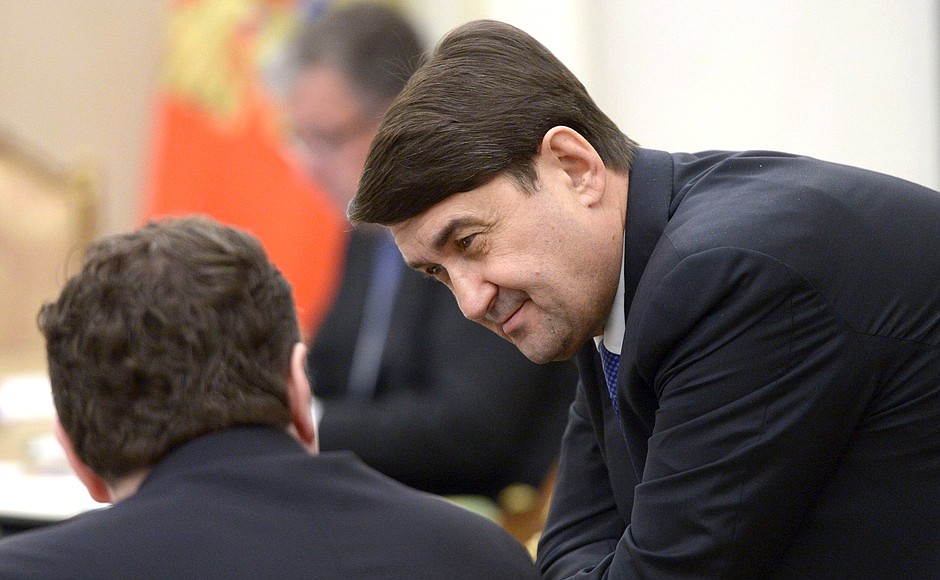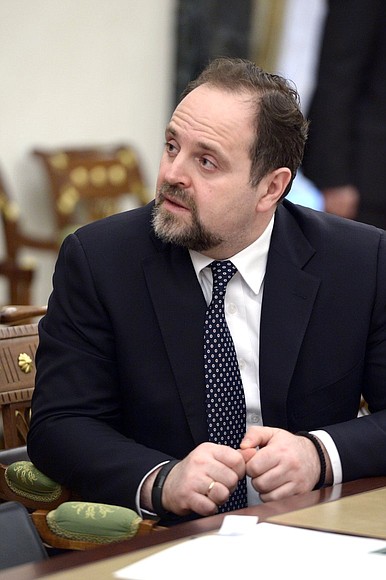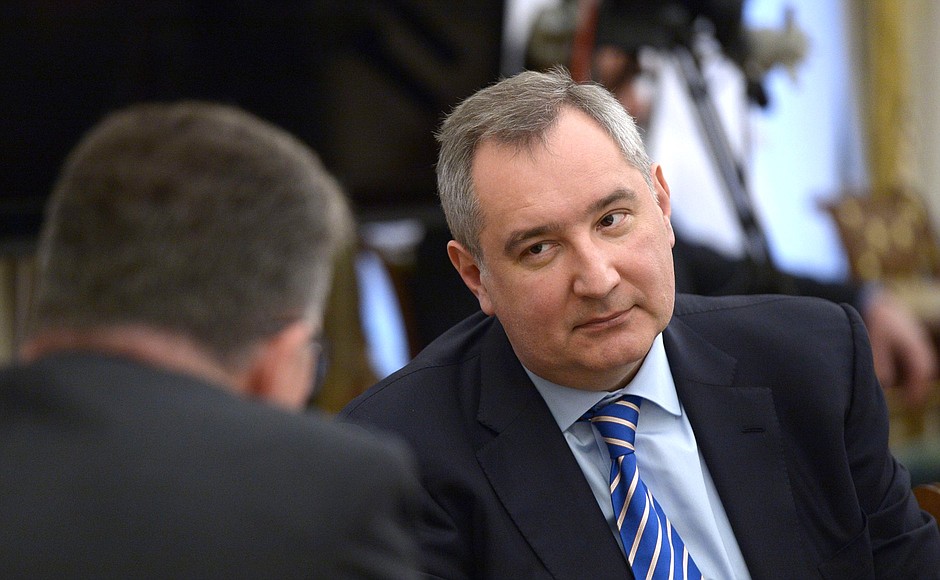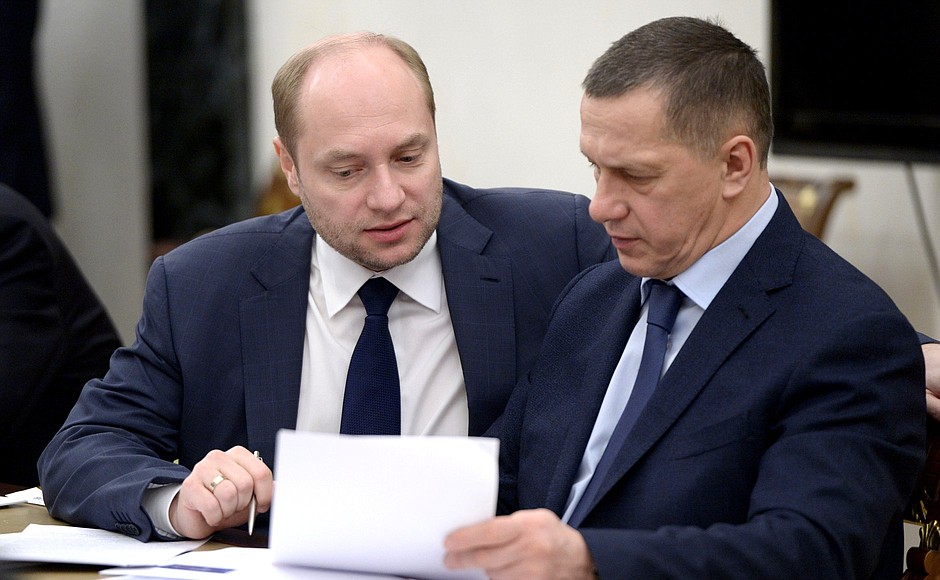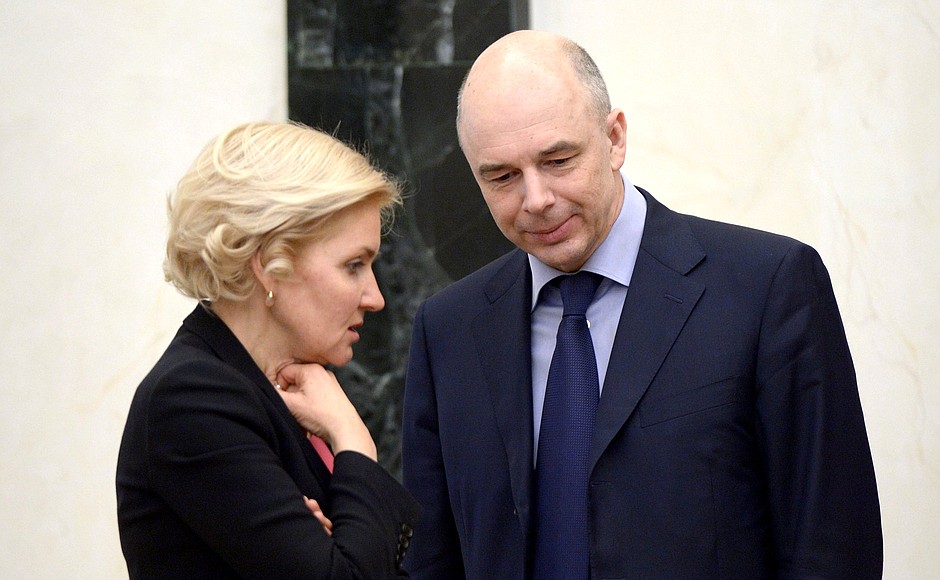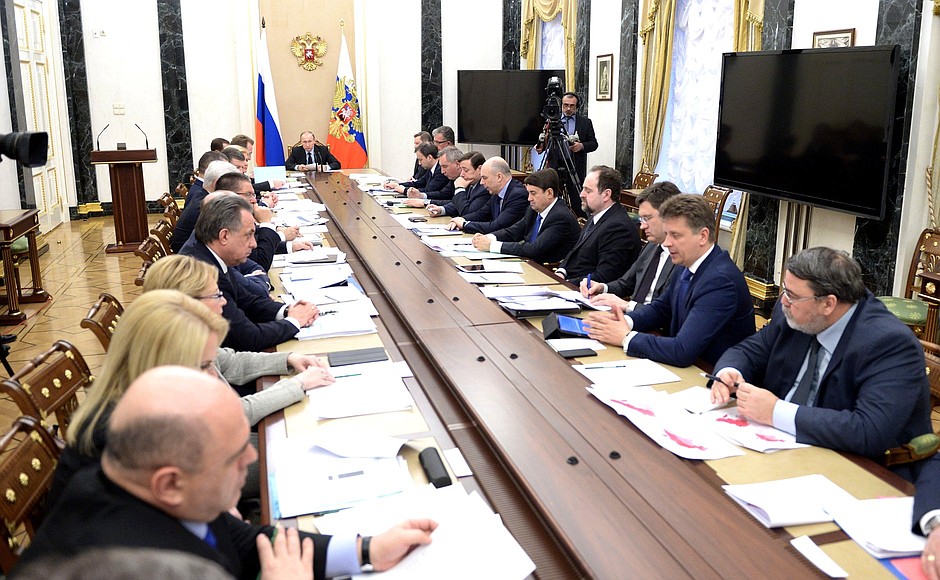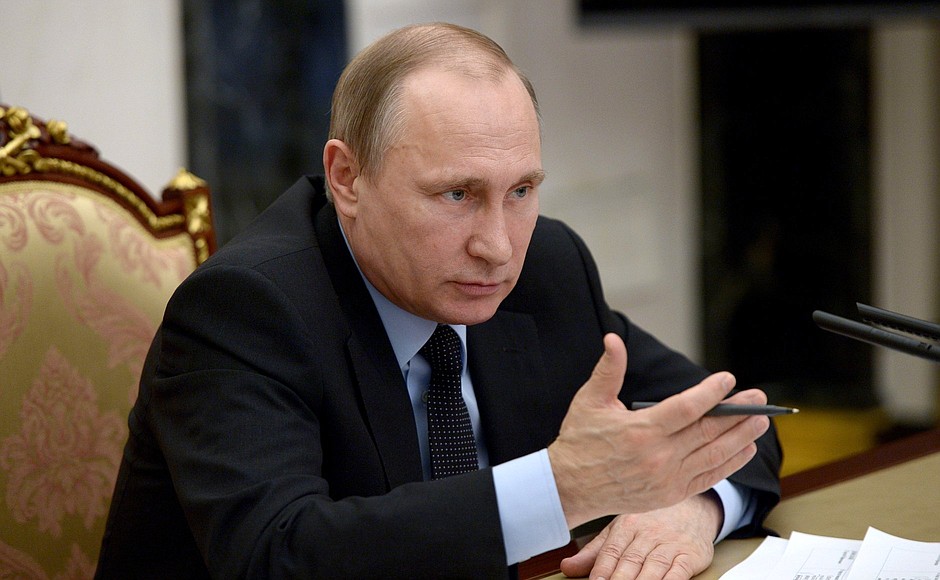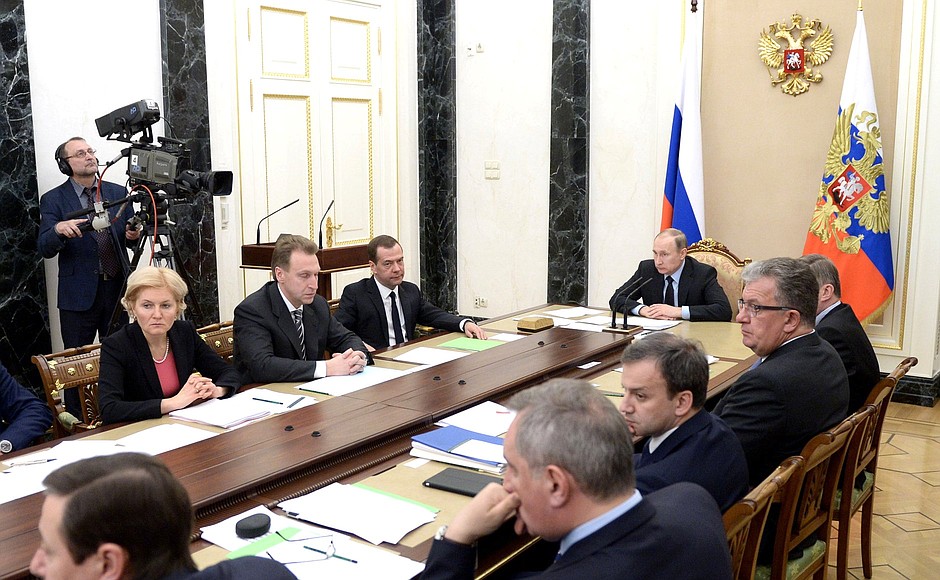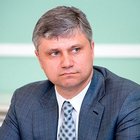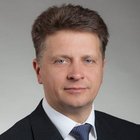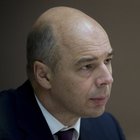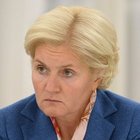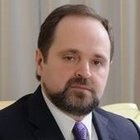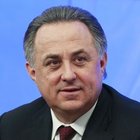In particular, the President heard reports from Russian Railways President Oleg Belozerov and Transport Minister Maxim Sokolov about work to improve the efficiency of Russian Railways’ operations. Finance Minister Anton Siluanov delivered a report on measures to regulate the alcoholic market.
Also, Deputy Prime Minister Olga Golodets spoke about preparations of venues for the National Final School Exam (EGE). Natural Resources and Environment Minister Sergei Donskoy spoke about the upcoming Earth Hour event. During the meeting, the President also focused on the doping scandal and the need to quickly improve anti-doping legislation.
* * *
President of Russia Vladimir Putin: Good afternoon, colleagues,
Today, we will discuss measures to develop the Far East, including improvements to the pricing policy for the electric power. To be honest, I did not discuss this matter with [Prime Minister] Mr Medvedev just before. We were looking at other issues, but we do need to reach a decision on this matter.
It is not acceptable when electricity prices are much higher in one region than in others. This creates problems for the people living in these regions and for doing business, and this is a serious matter. We therefore must find a solution here.
Before we turn to this issue however, there are a number of routine matters to take care of. One of them is the work to make Russian Railways more efficient. Let’s ask Mr Belozerov [President of Russian Railways], who was invited to the meeting today, to tell us about what is happening in this area, and then we will hear from [Transport Minister] Maxim Sokolov.
Please, go ahead.
President of Russian Railways Oleg Belozerov: Mr President,
First of all, let me thank you for supporting railway transport and for taking decisions that help to make Russian Railways’ operations more effective.
To sum up the results for 2015, despite the overall negative trend, our company’s freight turnover increased by 0.3 percent and reached the highest level since 1991. As far as passenger traffic goes, we transported more than 1 billion passengers and some passenger segments posted substantial increases. Passenger traffic was up by more than 22 percent in the high-speed segment, for example. Over the year, we also succeeded in cutting our transportation operations’ costs by nearly 40 billion rubles.
(Mr Belozerov went on to give a detailed breakdown of the company’s financial results for 2015 and set out the forecasts for 2016).
Investment activity is another area for improving our company’s work overall. Mr President, in accordance with your executive order, our company was one of the first to start carrying out independent technical and price audits in 2013, and our big projects have gone through the necessary procedures. We have made a number of organisational decisions to dramatically improve effective control at all stages.
[Deputy Prime Minister] Mr Dvorkovich gave the instruction to establish a committee of the company’s board of directors to oversee priority investment projects. The company has set up a special department in this area. This work has already made it possible for us to cut the cost of the projects to modernise the Baikal-Amur and Trans-Siberian mainline railways by 8.3 billion rubles. Proposals for optimising investment projects have been drafted and the money freed up as a result can by channelled into our investment programme’s other priority areas.
Let me end by saying that Russian Railways is up to all of the tasks that you and the Government have set us, Mr President, and we can guarantee quality railway transport services for industry and the public.
Vladimir Putin: Thank you.
Mr Sokolov, could you say a few words on how the change of Russian Railways top management has gone and on how the situation is developing, as you see it?
Transport Minister Maxim Sokolov: Mr President, colleagues,
Mr Belozerov has already given a lot of information and I will just add that indeed, for the first time in the last few years, Russian Railways doesn’t need any additional subsidies from the federal budget to ensure that its operations are loss-free. I am referring primarily to subsidies for day-to-day operations of course, including for capital overhaul of infrastructure. In the past, these subsidies have come to 20–30 billion rubles a year.
I am not talking here about contributions to charter capital for carrying out large-scale investment projects such as the bypass of Krasnodar, Ukraine and other projects. In this respect, let me note too that this is the first time in Russia’s recent history that we are seeing such big investment in railway infrastructure construction. Overall, despite the infrastructure and financial limitations we face at the moment, Russian Railways is carrying out all of the planned work and is responsible for most of the sites itself and carrying out all of the work to deadline.
(Mr Sokolov went on to speak about the solutions found for problems with commuter train routes, in particular through purchases of new rolling stock).
On the subject of transport machine building, I note that the investment programme provides for the purchase of around 500 Russian-made locomotives, some of which are being purchased with the National Welfare Fund’s support. This decision was included in the 2016 plan for supporting different economic sectors, signed by the Prime Minister. We hope that this plan will be supported and approved.
As far as support for industry goes, I note too that as we remove from operation freight wagons that have come to the end of their service lives, this creates real demand for new wagons, and we see that this is giving a real boost to our industrial sector.
Last year, we updated regulation of freight and passenger transport and introduced penalties for non-productive inactivity of cars. This has made it possible to relieve the burden on infrastructure throughput capacity. We also adopted a number of bylaws that enabled us to introduce a single network-based technological process for rail transport.
Vladimir Putin: We will soon hit the peak season for passenger transport. I draw your attention to this because this season usually brings various issues that need timely resolution. I hope you will make a timely report to the Prime Minister and respond to the upcoming peak demand. This is something that needs to be done.
Maxim Sokolov: Yes.
Vladimir Putin: In January, a presidential executive order was signed and issued, transferring the Federal Service for the Regulation of the Alcohol Market to the Finance Ministry. Mr Siluanov, what has changed over this time, and what are your upcoming proposals?
Finance Minister Anton Siluanov: Thank you, Mr President.
Yes, I would like to say a few words about the situation on the alcohol market. It is a rather complicated situation. Over these last years, we have seen a substantial drop in sales of legal alcohol production and thus a decrease in budget revenue in the form of excise duties on alcohol. We see at the same time that there are various ‘grey’ and illegal schemes for producing and selling alcohol.
In accordance with your decision, the Finance Ministry, together with the law enforcement and security agencies, set up a working group. Well-coordinated work, particularly with the Federal Security Service, Investigative Committee, and Interior Ministry, enabled us to shut down a scheme to evade tax payments to the budget in Kabardino-Balkaria. This illegal scheme cost this one region 24 billion rubles in lost budget revenue.
Now, it has been stopped. A number of businesses that were producing counterfeit alcoholic products have been shut down, and 11 criminal cases have been opened.
The Government has drafted a plan to raise additional budget revenue, and normalising the alcohol market’s operation is an important part of this plan. A number of measures will be taken in this regard, including tougher penalties for selling alcoholic products that do not have legal excise duty stamps or are sold in shops that do not have the appropriate licence.
(Mr Siluanov went on to report on the specific measures to normalise the situation on the alcohol market, in particular, the work of the Unified State Automated Information System (USAIS), which oversees production and sale of ethyl spirit, alcohol and products containing alcohol).
Licensing and regulating retail alcohol sales is the regions’ responsibility, and so we are working with the regions on overseeing programmes to install equipment at retail outlets to monitor sales of all alcohol products within the USAIS system. We are carrying this out together with the regions.
The main thing is to synchronise legal measures and introduction of the USAIS system in order to ensure full control this year over production and sales of alcohol products. This will protect the regional and federal budgets from substantial losses caused by semi-legal and illegal schemes.
Vladimir Putin: Good.
Ms Golodets, students sitting the National Final School Exam early will start their tests on March 21. In 2014, there were a lot of complaints about this system. Last year, the exams went ahead more or less without problems. What is the situation this year?
Deputy Prime Minister Olga Golodets: Mr President,
Our task is indeed to ensure all conditions needed for a safe and comfortable organisation of the National Final School Exam. Our priority is to ensure that the exam is honest. Last year, as you said, we succeeded in this objective.
There were no cases last year of exam contents being uploaded on the internet, and we detected no violations. This was achieved primarily through the introduction of a compulsory video monitoring system at all exam venues. This year, the online monitoring will cover 83 percent of all exam venues.
We will use special couriers to deliver all exam materials this year. This will provide much greater protection for all exam materials. We are ready to hold the exam. This year, 752,000 students will be taking the exam. This is 20,000 more than last year.
Another important point is that the exam’s structure has changed. There are more than 21,000 students who want to sit the physics exam this year, and also big increases in the number of those wanting to sit biology and chemistry. More than one in four school leavers will sit the physics exam this year. This is an excellent result because it shows that students and parents and the community in general are forming new values and new demand for study of real disciplines that are the driving forces of our economy.
We are ready to hold the exams and I have already spoken with all of the people involved. All services are working and the exam will be held without problem.
Vladimir Putin: Good.
On March 19, the World Wildlife Fund and Russia’s Ministry of Natural Resources and the Environment are organising our country’s participation in the international environmental event called Earth Hour. Mr Donskoy, could you say a few words about what you have planned?
Minister of Natural Resources and the Environment Sergei Donskoy: Mr President,
The Ministry of Natural Resources and the Environment, together with the World Wildlife Fund and the regional authorities in most regions will join in Earth Hour for the eighth time this Saturday. This year, the event is taking place under the slogan Take a Step Toward the Planet. The main task is to draw attention to environmental problems. In particular, we plan to draw attention to the need to develop environmental culture and change everyday habits that lead to waste of natural resources and pollution.
Russia’s big cities are all taking part and will turn off outside lighting at their main architectural and engineering sites. In Moscow, these include Manezh, the Cathedral of Christ the Saviour, the Government building, Moscow State University, and many others. In St Petersburg, the list includes the State Hermitage, Peter and Paul Fortress, and the Vasilyevsky Island Split. The Nizhny Novgorod and Kazan kremlins will also take part, and so will central buildings in Murmansk, Perm, Kuzbass, and many other cities.
Mr President, we would be delighted if you do as in past years, support this event and give the instruction to turn off the lights at the Kremlin and let us hold the event’s official opening on Red Square.
Vladimir Putin: Yes, let’s do this. Good. Thank you.
Colleagues, another issue I would like to address today is quite relevant and has to do with the so-called doping scandal. We have stated more than once that any kind of doping is strictly prohibited. Sports should always be an arena for fair competition, where winners are those who demonstrate mastery, will power and perseverance, who really live by the Olympic slogan, “Faster, Higher, Stronger!” (or “Citius, altius, forties!” in Latin.) That is why people in Russia and around the world love and value sports.
Clearly, suspension of the Russian National Track and Field Federation’s accreditation and the recent so-called doping incidents affect not only our athletes, but many athletes from other nations as well, and cast a shadow on the authority of sports in general, taking its toll on the mood of millions of fans who expect, as I already said, that their idols will engage in fair competition.
Clearly, I must say that our sports leaders showed a lack of understanding concerning the relevance of these issues, and were unable to update the corresponding lists quickly enough – the lists which were provided by relevant international agencies; they did not updateour stop lists, they did not notify the athletes, coaches and other experts on the World Anti-Doping Agency’s decision concerning the prohibition of certain medicines in a timely manner.
Right now, I don’t want to go into the details regarding this meldonium thing, or whatever it’s called, which is practically on our national list of vital medicines. Nevertheless, if this medicine is on the WADA list, then responsible parties should have kept this in mind and reacted accordingly. But it’s not just about this specific instance; these are systemic issues.
We need to be more active in developing interaction with international organisations working in this area – first and foremost, the World Anti-Doping Agency and the International Olympic Committee, as before, carrying out all official decisions and recommendations coming from these authoritative international organisations.
Russia is a disciplined member of the international sports community and enjoys great authority within it – nobody doubts this. It is also clear that our national anti-doping legislation needs to be seriously improved, if we are seeing these types of failures; we must punish those who entice athletes to use banned medicines, and we must certainly make use of international experience.
Unfortunately, we still do not have proper cooperation between the Sports Ministry, which shapes the anti-doping policy, and the Federal Medical-Biological Agency, which is responsible for medical and biological support of the national teams. Everyone responsible for training athletes must use the most modern research, educational and scientifically-based methods.
Here is why I say research and educational: this has to do with training young athletes, and it is imperative to engage experienced experts. All these issues should be the subject of work of the federal and regional authorities and public organisations. I am asking the Government to work on these and other issues to make the national anti-doping system more effective and submit corresponding suggestions.
One more thing I would like to say in conclusion. We are rightfully proud of our athletes’ achievements, and no scandals can discredit their results, that is quite obvious – especially since the vast majority of our athletes act worthily and have nothing to do with any illegal substances. And, of course, we need to do everything to ensure their athletic careers do not suffer as a result of any of these scandals – nor should the fans who cheer for them suffer.
And, of course, we need to do everything to ensure nothing like this ever happens again in our practice. So I am once again asking the Government to work on this issue very seriously and submit corresponding proposals. But I would nevertheless like to ask our colleagues, whom we invited here today, to comment on what is happening in this area. I give the floor to the Sports Minister; Mr Mutko, go ahead, please.
Sports Minister Vitaly Mutko: Mr President,
As you know, on November 9, 2015, the WADA independent commission published a report that was based on a documentary shown on a German TV channel whose main characters were the athletes suspended by our [anti-doping] system. And in general, in accordance with your instruction, we began cooperating with the World Anti-Doping Agency (WADA) and the International Track and Field Federation honestly and openly.
You know that our anti-doping organisation, RUSADA, and its laboratories had their rights suspended by a WADA decision. We met with WADA management and signed a road map on rehabilitation of these organisations. But I can say, Mr President, that ultimately, there is the responsibility of the state in the fight against doping, and the responsibility of society.
The responsibility of the state comes down to the fact that the state, represented by the Government of the Russian Federation, ratified a UNESCO convention in 2006. We have a clear obligation: we had to adopt a corresponding law and create an independent organisation RUSADA. We built an ultramodern laboratory for the Sochi Olympics, investing billions of rubles in it, and this system has proved its efficiency dozens of times.
It performed around 15,000 doping tests, suspended about 1%, conducted educational programmes, got accredited and licensed, and was monitored by WADA itself. But now, the work of these organisations has been put on hold and, as you instructed us, we have created a road map with WADA. In accordance with this road map, we partnered with the British anti-doping organisations, UKAD, signed an agreement with them, and today, this organisation is responsible for planning the tests in Russia.
Two organisations – German and Swedish – are testing our athletes. So, the drug testing system is now in place and it is working in this very fashion, under WADA’s supervision. Already in February some 67 tests were performed, and this month, we plan 150 tests, ultimately reaching the figure of around 400–500 tests. We call this “smart” drug testing, and today it doesn’t allow falsifying tests or using any banned substances.
Together with WADA, we conducted a complete recertification of RUSADA personnel and gave them more possibilities for independence. RUSADA asked to change its business legal structure and introduced WADA representatives into its supervisory board. We suggested introducing two or three experts recommended by the international anti-doping system into our anti-doping organisation, and we will do this in the next couple of days. We believe that this organisation [RUSADA] can handle its work quite well.
As for laboratories, we have 50 lab technicians working there. This organisation is also being accredited by WADA. Back in February 2015, it was accredited and worked smoothly, but now, its rights have also been suspended. We have created a disciplinary committee, and we are now in the process of submitting all the documents and expect to restore the accreditation for our anti-doping laboratory in the next four to five months.
As for the issues pertaining to the restoration of rights of our Track and Field Federation, our main task is to protect honest athletes and give them the opportunity to take part in international kick-offs and competitions. Here, Mr President, we would like to note that we received a kind of request from the International Track and Field Federation to bring our track and field up to their standards.
The International Track and Field Federation created a commission, which worked over the course of three months. They set us certain requirements; we are fulfilling all of them. For example, here is one requirement: we made a full list of our national team, 200 athletes, and now each one of them must do at least three tests before the Olympics in Rio, which eliminates any possibility for manipulation (there is no test schedule).
Moreover, all organisational measures have been taken together with the national Olympic Committee, including an election meeting. We elected new track and field executives, a new president, and a new presidium. All the candidacies were approved by the International Federation. And on March 11, we presented the first report to the International Track and Field Federation’s independent committee.
It was noted that Russia has done a great deal of work over this period of time. At the same time, there are still issues they think we need to resolve by May. And in May, we expect that the International Track and Field Federation will let the Russian track and field join again all those events, international competitions, and will not create any uncompetitive environment for us.
As for your remarks that we did not provide timely information to athletes, Mr President, you know, this medicine, meldonium – I do not want to talk at length about it. It has dozens of analogues throughout the world – but it is this specific medicine that was banned (the statement was issued on September 29 with the ban taking effect from on January 1), so we are working on the assumption that it should not be taken, and we instruct all our athletes, organisers, doctors and coaches accordingly.
On the other hand, we are carrying out an investigation. We see that our athletes, in majority of their explanations, say that they were taking this medicine back in November, December, or October of last year. Of course, we inquired with WADA, and got an answer today: there are no studies on how long it takes for this drug to leave the body. So, we want to study each case individually, together with our colleagues.
So we certainly accept your criticism and feel that indeed, we should not allow honest Russian athletes’ achievements to be overshadowed, and we will further enhance the relevant measures. The Cabinet held a special meeting and will now examine the issue of strengthening responsibility, especially for people who compel athletes to use banned substances.
Athletes themselves will still face penalties; they alone carry the responsibility according to our regulations and codes, and face harsh disciplinary measures that go as far as four years of suspension (currently, this is the minimum duration of suspension for doping). But there are people who encourage violations; in this respect, we are looking at what can be done. And the Cabinet has given corresponding instructions.
We need to once again look at our interaction process. I think we are working quite well with the Federal Medical-Biological Agency. Our goal is the so-called replacement of the substances for performance enhancement. As you said, we need to work to develop new high technology for training athletes. We will work on this, Mr President.
Vladimir Putin: I did not understand the part about replacement.
Vitaly Mutko: What we are saying is that the training load of the athletes in today’s elite sport is enormous and they need to recover. Naturally, we are talking about modern recovery methods.
Vladimir Putin: This is not replacement.
Vitaly Mutko: We are not taking anything that is forbidden.
Vladimir Putin: Only medicines that are not forbidden and help you stay healthy.
Vitaly Mutko: Of course, that is what we are talking about.
Vladimir Putin: Mr Uyba, head of the Federal Medical-Biological Agency, please.
Head of the Federal Medical-Biological Agency Vladimir Uyba: Mr President, colleagues,
True, the topic chosen is very sensitive indeed – mildronate. As Mr Mutko has said, we have conducted all the regulatory work that had to be done after meldonium was added to the list of banned substances. I would like to note here that monitoring does not mean a substance will automatically be added to the list. We have dozens of examples when substances that were monitored never made it to the list of banned drugs, and all the work to remove it from circulation, in accordance with WADA protocol, begins only after it appears on the list. This work has been done.
We have informed every athlete that the substance was banned.
Mr President, I would like to talk about communication between the Sports Ministry and us. Over the past years, we have developed good cooperation. We have created a good area for joint work, including through your support.
The key problem today is that the patient information leaflet gives a different amount of time it takes a drug to leave the body – from several hours to several days. We have actually launched our own research; we have not had enough time, but even the first tests prove that this is not so. We believe that the cumulative effect of the medication use lasts for up to 6 months. We can see the discrepancy between the patient information leaflet and the data we are getting. We did not do this before because the substance was not banned.
Vladimir Putin: Ok.
I would like to say to Mr Uyba and Mr Mutko: first, we should not politicise anything, or promote any conspiracy theory. We need a systematic and timely approach in responding to the decisions made, including the decisions made by international organisations. If you did not have information on how long it takes a substance to leave the body, you should have conducted the appropriate research or contacted your colleagues at WADA to discuss this in advance, rather than complain afterwards if they acted properly or not. Therefore, as old experienced coaches teach us, instead of moaning and groaning, win – and win with an obvious advantage, so nobody would question the victory. This applies to both medical-biological support and the actual results.
Finally, the most important thing. I would like you to work in a very open manner with our colleagues, including those at international organisations like WADA and the Olympic Committee, and others to ensure absolute trust and transparency in the course of your joint work.
Thank you. Let’s get down to our main subject.
<…>
